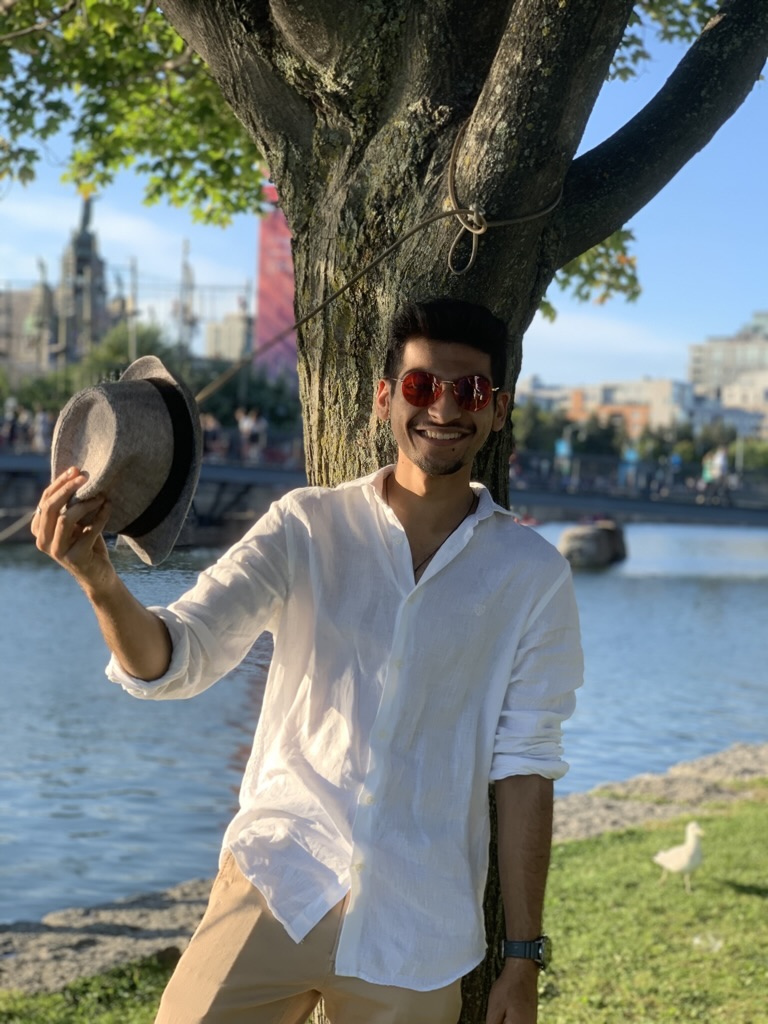
Aditya Shiv Talwar
Biography
I’m Aditya Shiv Talwar, a third-year student at the University of Toronto, Scarborough, pursuing a major in Media Studies and a double minor in Psychology and Culture, Creativity and Cities. I’m currently employed as a work-study student with the Academic – Advising and Career Centre as an Experiential Learning Program Assistant. I’m a singer-songwriter, who produces and composes music and plays the guitar. I also enjoy writing short stories. I’ve been a part of several clubs on campus including the Improve Writing Club, Glee Club, UTSC Humanity first and UTSC Good2Talk. I’m an avid badminton player, playing at the national level in India. I aspire to work in the social media industry, as a digital advertiser. I’m also interested in pursuing a career in market research and consumer behaviour, as its dynamic nature fascinates me.
Abstract
Look Who Might Be Watching - The Myth of Surveillance
If I tell you that I’m ‘looking at you’, you might not respond. Now, if I say that I’m ‘surveilling’ you, you will probably adjust your posture, become conscious of what you are doing at the moment or even stop what you were doing. The term surveillance underlies the concepts of authority and policing, however, what makes it effective is its connotation to the idea that someone might be watching. Hence, a person under surveillance is always on the lookout. My research project examines this activity of surveillance through a cultural lens. It unpacks the history of surveillance, to argue that surveillance is not a modern-day problem perpetuated by Artificial Intelligence like Alexa or Siri, but a cultural myth nourished by folklores, songs and stories, passed down from generation to generation. To frame my argument, I divide my project into two parts. The first part is an academic literature review on surveillance, contextualizing the second part, which is lived experiences and stories on surveillance as a cultural activity. Throughout this research presentation, I strive for the audience to critically think about how we are not the victims of surveillance but the ‘trojan horses’ that ignite the idea of ‘someone’s always watching’.

Dan Pham
Biography
I am a fifth-year student pursuing a double major in Art History and Media Studies. My academic journey has been dedicated to exploring the intricate relationship between visual culture and media, analyzing various artistic movements and their socio-cultural contexts. With a passion for the arts, I actively engages in the art community through internships and volunteering, gaining practical experience and honing my critical thinking skills. I aspire to contribute to the field of Art History and Media Studies, bridging the gap between historical and contemporary art, and making meaningful contributions to the art world.
Abstract
Rethinking and Redefining Public Monument: The case of Monument Lab
My study examines the evolving relationship between public sculptures and societal values, focusing on the transformative acts and shifting significance of monuments in response to the Black Lives Matter movement. It highlights the reimagining of monument spaces as symbols of social change and historical recontextualization. The main objective of this research is to address the question, "What is the monument that people need?" I aim to foster understanding among people about the profound influence that monuments have in shaping a nation's collective narrative. Additionally, the research explores the recent opportunities presented by monument reconstruction, highlighting the power of these structures to reflect and redefine societal values. By shedding light on the evolving relationship between monuments and the public, this study contributes to the ongoing dialogue surrounding inclusive representation and the need for meaningful and relevant public sculptures. It underscores the importance of acknowledging a fuller history and reflects the evolving social values of our world.
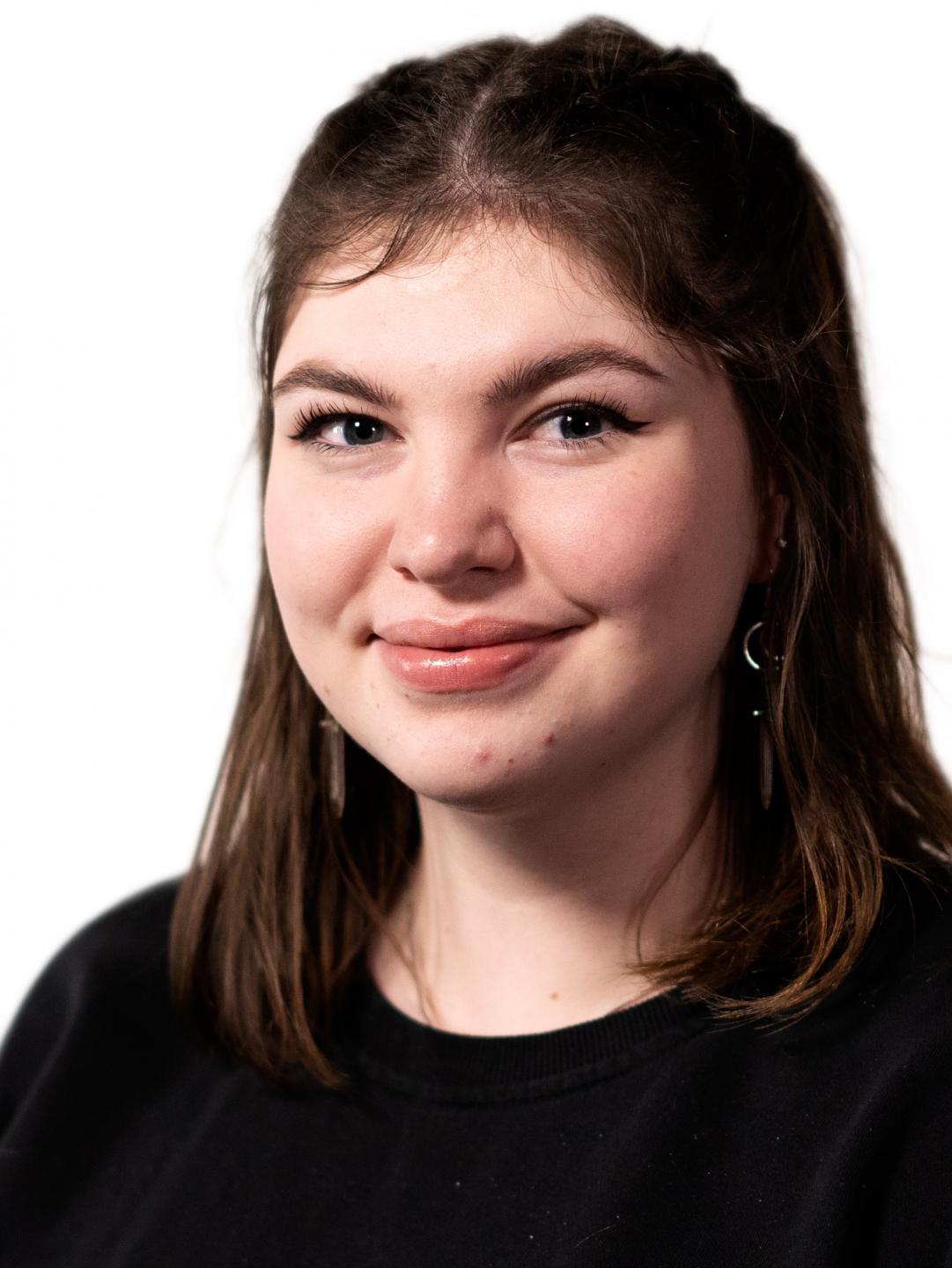
Tailynn Smith Vetters
Biography
Tailynn is a fourth year Arts Management Specialist with a disciplinary focus in theatre and performance. Over the past four years, she has worked on many performances at the school, both in class and as extracurriculars. This past year she was the Stage Manager for the faculty show The Refugee Hotel as well as the UTSC Drama Society’s Festival of the Arts. For the past two years, Tailynn has served as the Technical Coordinator of the UTSC Drama Society and the Stage Management work-study at the LLBT. Since 2013 Tailynn has been fascinated with fandoms and fan culture and is extremely excited to share this aspect of those communities with a wider audience. Tailynn will graduate this June with an Honors Bachelor of Arts and intends to take a gap year to work before returning to school for a Master's degree.
Abstract
Fanfiction has been an underground but steadily growing subsect of fandom spaces for decades. From their circulation in physical print to the widespread popularity of online sites, fanfiction has found a way to be distributed to those who seek it out. As the popularity of fanfiction has grown, so have concerns regarding the dubious legality of the practice. The Canadian Copyright Act helps artists ensure that their work is not stolen or plagiarized, but fanfiction exists in a bit of a grey area. Though there have been inclusions in the CCA for parodies or satires of already published works, fanfiction does not generally fall into either of these categories. With a distinct lack of copyright cases regarding the status of fanfiction it begs the question; how would fanfiction be treated in a court? This ambiguity leaves fanfiction with an interesting relationship with the CCA as well as the original authors. This is further complicated by the potential and increasing frequency of fanfiction being traditionally published. Many recent popular literary titles have begun as fanfiction, growing past this status into their own pieces of media. This raises questions regarding whether fanfiction is a new accessible way for young authors to develop their voices or a system that encourages and normalizes the plagiarism of other media.
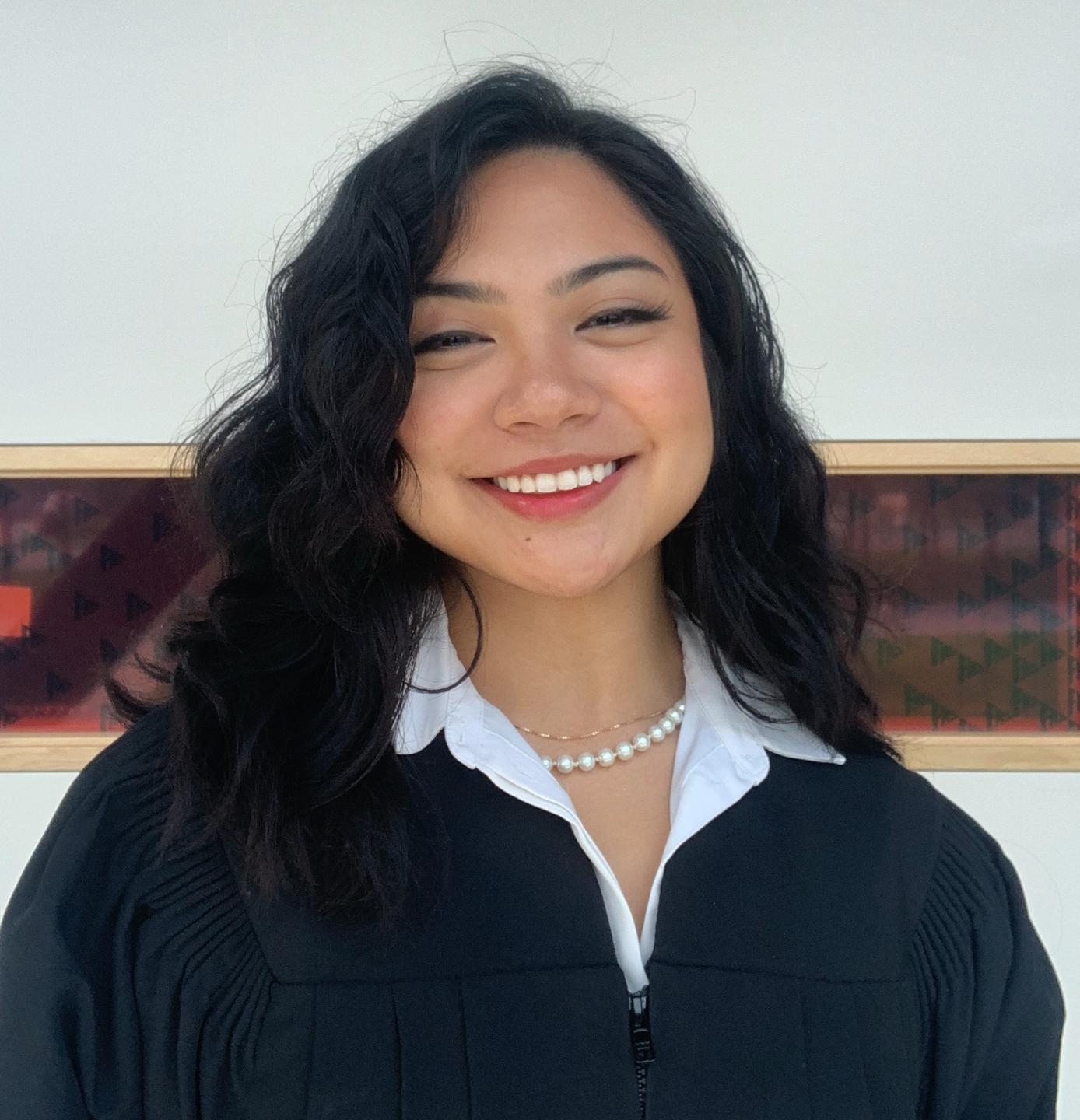
Rachel Guanlao
Biography
Rachel Guanlao is a recent graduate from UTSC's Specialist Joint Journalism program. Her passion for journalism lies in storytelling which reflects her diverse childhood as a Scarborough native. Her video works have been featured in CityNews and she continues to seek similar endeavors in her professional career.
Abstract
Back of the Class
Despite continuous efforts towards programming, 3 in 4 Canadian university students experience negative mental health during their academic careers. And yet, only 20% of students reported receiving adequate support from their university. In this video essay, Rachel Guanlao explores the challenges of seeking help versus resources available within the UTSC community.
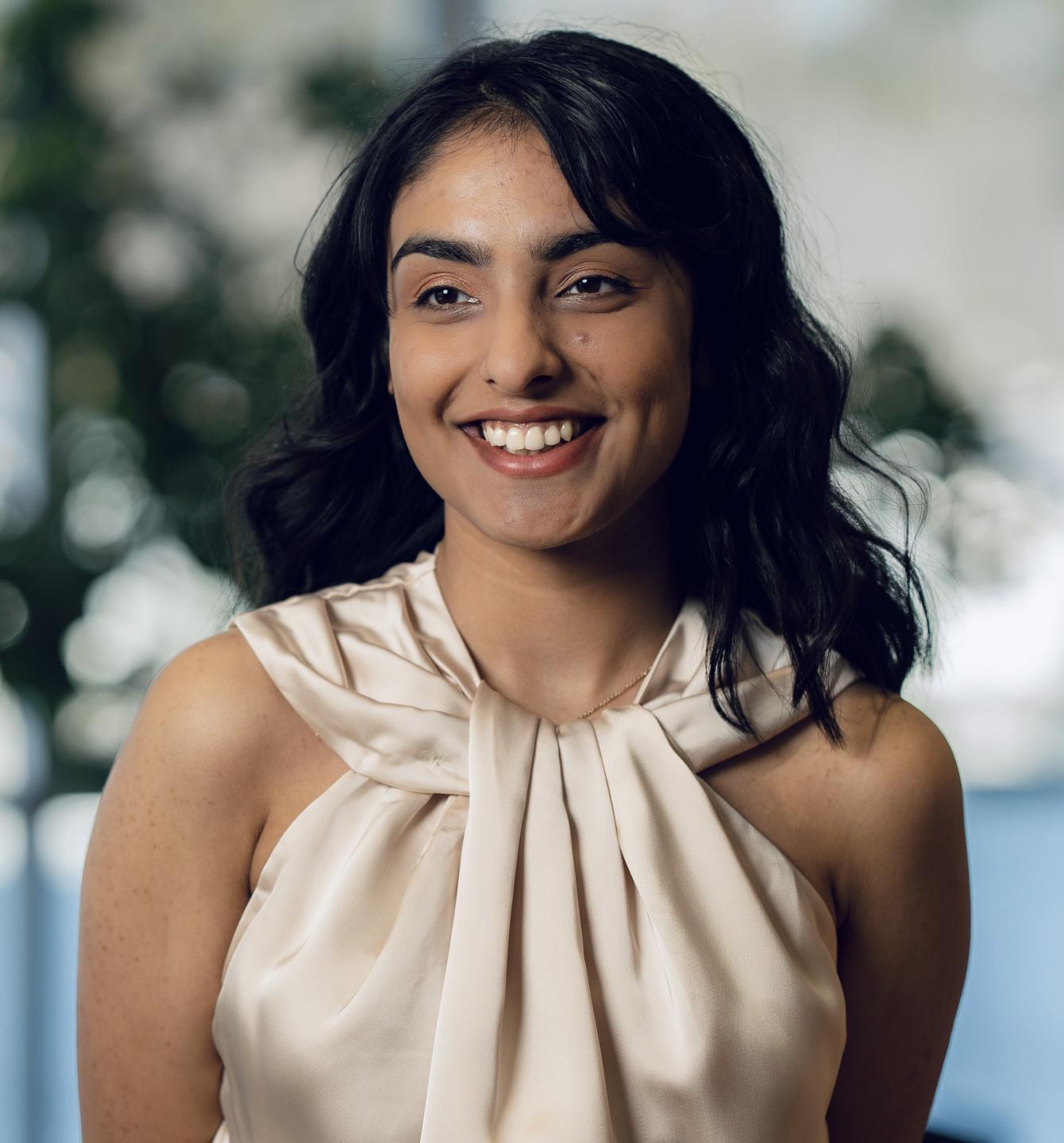
Sanah Malik
Biography
Greetings! My name is Sanah Malik, and I'm a third-year scholar at the University of Toronto Scarborough. Currently, I'm pursuing a double major in International Development Studies and Media, Journalism, and Digital Cultures. My unbridled curiosity and fervor for knowledge continually drive me to explore and discover innovative ways to comprehend the intersection of media, technology, and politics.
Through my extensive academic journey, I've developed a deep-rooted interest in the impact of technology on society, leading me to realize that change is necessary for the field of technology policy. As an aspiring academic, I believe that the policies we institute today will have a long-lasting impact on future generations. I'm committed to making a positive and equitable impact in the world by contributing to shaping policies that prioritize ethics, privacy, and social responsibility.
My passion to ensure that technology is utilized as a tool for progress, rather than as a means of exploitation, motivates me to work hard and make a meaningful contribution. I am excited to delve deeper into this field, eager to be a part of the change we need for a brighter future.
Abstract
In a world where our every move is tracked online, the use of personal data for political propaganda has become a grave concern. The story of Cambridge Analytica, a data firm that harvested millions of Facebook profiles without consent, is a chilling reminder of the power of data in the hands of political campaigns. In this documentary, we follow the journey of a brave journalist who exposed the Cambridge Analytica scandal, only to face terrifying consequences. Through exclusive interviews with experts such as Professor Aiden Moir, we delve into the dangerous implications of social media platforms for political campaigning and the unethical use of data mining techniques to manipulate political messages and advertising content. As the world becomes increasingly digital, this documentary serves as a timely reminder to protect our data and stay vigilant against the dangers of political propaganda. Join us as we uncover the truth and champion real journalism.
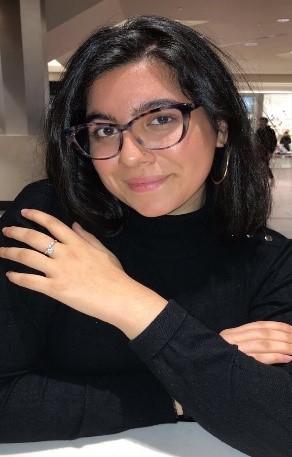
Sofia Suleman
Biography
Sofia Suleman (she/her) is a third-year student at the University of Toronto Scarborough, majoring in Art History with minors in Media and Curatorial Studies. Her particular interests include material histories, inclusivity and access as well as decolonizing “gestures” within cultural institutions. Suleman’s approach to writing is pushing the reader to question and explore ideas outside the mundane. She believes that one cannot be a passive observer; rather, one needs to engage with the world by asking questions, challenging dogma, and digging deeper for meaning. She hopes to pursue graduate specializations intersecting Museum Studies and Art History.
Abstract
Has one ever looked at the accession history or provenance of an ‘object’ and have wondered if these bullet-pointed lists, so self-assured, represent the entire truth of this material’s journey? My research and this presentationaper acknowledges how colonialism and imperialism have fossilized their practices into entities of knowledge and institutions, such as museums. I will explore which voices are speaking for whom, their agendas, while simultaneously, which voices are silenced and omitted.
Through my analysis of The Past Is Now, an exhibition hosted at the Birmingham Museum & Art Gallery (2017-2018), I will consider the journey of the curatorial team who aimed to re-assert agency of the deemed objects by un-writing the institutional reinterpretation of their histories as a “decolonial gesture”.
As consumers of culture, we cannot be passive observers of history and material cultures. My aim is to complicate the narrative. Despite the fact that the museum's colonial and imperial underpinnings and origins makes the institution impossible to decolonize, I am hoping that the next time you visit an exhibition or a permanent collection, that this presentation will catalyze the questions pertaining to language, “ownership,” positionality and representation.